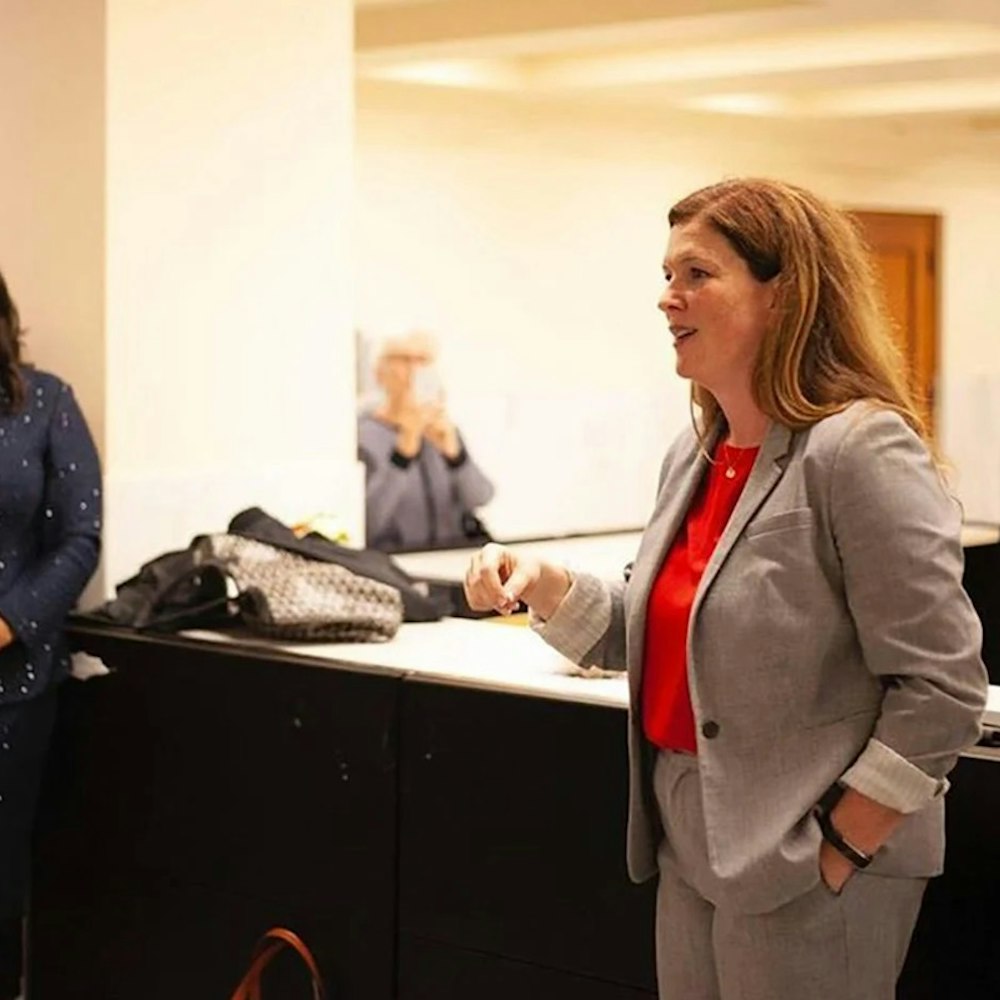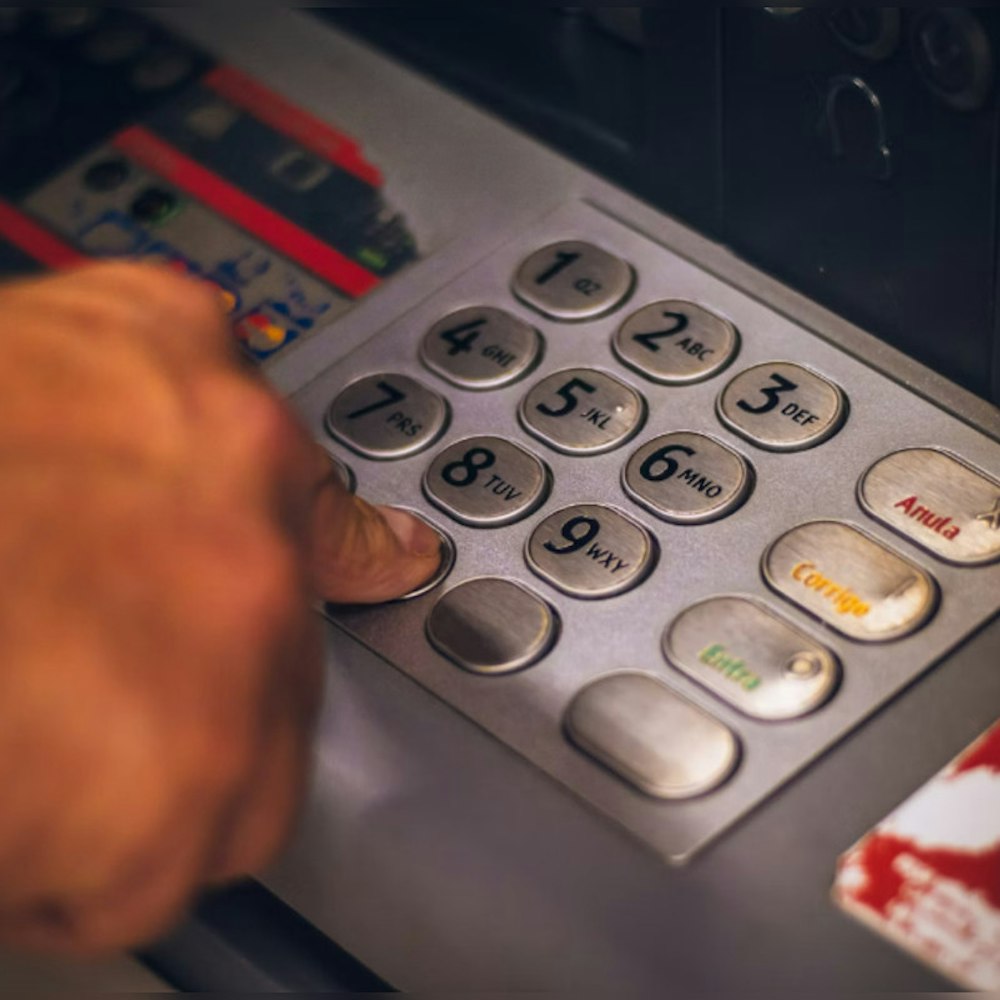
Georgia's small businesses may soon breathe easier if Governor Brian P. Kemp signs off on a tax-reducing bill that's sailed through the state Senate with flying colors. House Bill 808, backed by Sen. John Albers (R-Roswell) and Rep. Mike Cheokas (R-Americus), aims to lighten the load for small business owners by amending the way they're taxed on personal property. The bill, which won unanimous Senate approval on Tuesday, could significantly cut down the annual tax bite on tangible items like equipment and furniture that entrepreneurs typically face.
Under the current law, businesses are hit with recurring taxes on the same pieces of property, a system that Albers and fellow Republicans are eager to overhaul. "Small businesses are the lifeblood of the Georgia economy," Albers said, according to a statement obtained by Senate Press. He proudly added, "I was so proud to work with NFIB and Rep. Cheokas to pass House Bill 808. This legislation lowers the tax burden, allowing our businesses to grow and thrive."
The NFIB State Director Hunter Loggins also chimed in, sharing his take on the legislative move. "House Bill 808 raises the threshold for paying this onerous tax," Loggins commented to Senate Press. He highlighted the double jeopardy small businesses face, shelling out sales taxes on items upfront, and then getting hammered annually on those same items. "Raising the threshold for paying this tax would ease the financial pressure on employers struggling with inflation that continues to drive up the cost of owning and operating a small business."
The passage of HB 808 couldn't come at a more critical time. With costs soaring for small business owners, many are desperately looking for some reprieve to keep their operations afloat. Given the current fiscal climate, Albers was quick to point out the bill’s relevance in cushioning the blow from skyrocketing expenses, often traced back to federal monetary policies. The bill has now made its way to Governor Kemp's desk—where it's expected to be eagerly greeted and possibly signed into law. From there, it's up to Georgia's voters to put the final seal of approval on the constitutional amendment needed to make it official this November.



-1.webp?w=1000&h=1000&fit=crop&crop:edges)
-2.webp?w=1000&h=1000&fit=crop&crop:edges)




